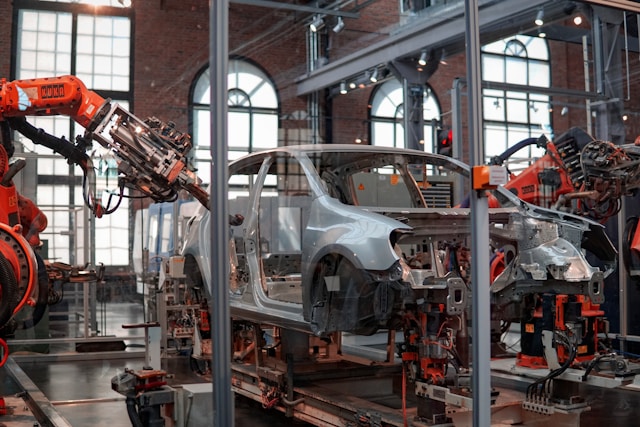Honda Canada’s decision to postpone its ambitious $15-billion electric vehicle investment project in Ontario, including significant operations near Alliston, isn’t just another corporate headline; it’s a development with substantial implications for the local economic landscape. The announced approximate two-year delay, attributed to a slowdown in the EV market, directly impacts the anticipated creation of 1,000 new jobs and the security of 4,200 existing positions, casting a shadow over the region’s economic momentum and the promised prosperity for communities like Barrie and its surroundings.
The ripple effects of this Honda EV production timeline shift are considerable. The original plan, unveiled with much fanfare in April 2024 alongside Prime Minister Justin Trudeau and Ontario Premier Doug Ford, was not merely about retooling an assembly plant. It was a comprehensive vision encompassing a new electric vehicle battery plant and two key battery parts facilities elsewhere in Ontario. For the Alliston area, this meant a revitalized manufacturing hub poised to be at the forefront of the EV revolution. The postponement of this automotive manufacturing schedule throws a wrench into these aspirations, delaying the economic stimulus these new facilities would have provided. The local economic impact extends beyond direct employment, affecting potential suppliers, service industries, and infrastructure development that would have catered to an expanded Honda presence.
A core concern is the 2028 target impact. The Alliston plant was slated to produce up to 240,000 electric vehicles annually by 2028. This production volume is intrinsically linked to the projected job numbers and the overall economic contribution of the facility. Pushing this target back by approximately two years means a corresponding delay in achieving these economic benefits. The federal and Ontario governments had committed a combined potential of up to $5 billion in support, a significant public investment now tied to a revised, less certain timeline. This raises questions about the deployment of these taxpayer funds and the opportunity cost for the region.
The official reason for the Ontario plant delay is a “market reassessment” due to a recent slowdown in EV demand. While Honda Canada has assured that current employment at the Alliston manufacturing plant remains unaffected for now, this reassessment introduces an element of uncertainty. For a region banking on this massive project, a two-year pause feels significant. It necessitates a recalibration of economic forecasts and potentially impacts the confidence of other businesses looking to invest in the local supply chain. The promise of those 1,000 new jobs and the solidification of the existing 4,200 roles were central to the project’s appeal, offering a substantial boost to the local economy and reinforcing Alliston’s, and by extension Barrie’s, significance in Canada’s automotive sector.
Ultimately, this postponement underscores the volatility of the automotive industry’s transition to electric vehicles and its direct consequences for communities reliant on manufacturing. While Honda states it will “continue to evaluate the timing and project progression as market conditions change,” for the residents and businesses in and around Alliston, this evaluation period brings a period of waiting and uncertainty. The long-term vision of a thriving EV hub remains, but its arrival, and the associated local economic impact, has been deferred, reminding everyone that major industrial projects, especially in transitional sectors, are subject to market realities that can reshape local fortunes.
References:
Honda Canada postpones $15B EV investment project in Ontario

